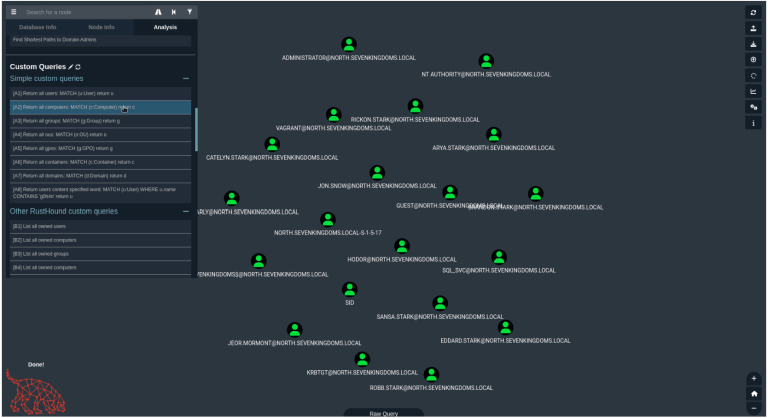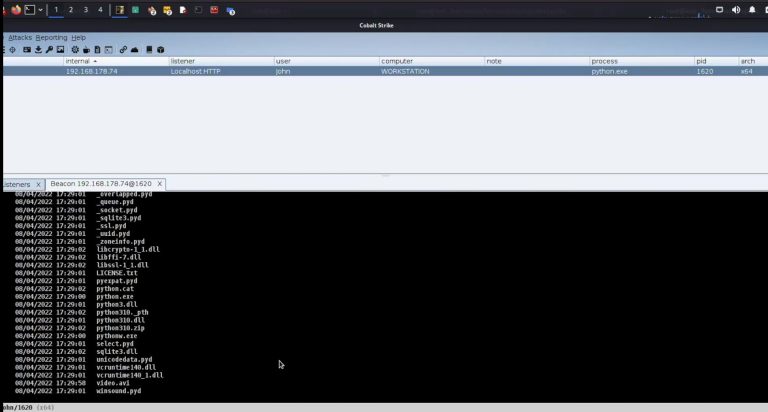
Plaguards is a cutting-edge security tool built to streamline and automate the deobfuscation of obfuscated PowerShell scripts, empowering security teams to rapidly identify Indicators of Compromise (IOCs) and determine whether they represent valid threats (VT) or false positives (FP). Each analysis is documented in a comprehensive PDF report, designed to provide deep insights and actionable intelligence.
As a web app, Plaguards offers users the flexibility to conduct powerful, on-demand analysis from anywhere, at any time, making it invaluable to blue teams tasked with responding to complex malware threats. This innovation not only accelerates workflows but also enhances detection accuracy, positioning Plaguards as a vital asset in proactive threat response.
Motivation Behind Plaguards
Plaguards was developed to address a critical need within Incident Response (IR) teams, specifically in handling obfuscated PowerShell scripts—a frequent component in modern malware and ransomware attacks that severely threaten business operations. Despite the availability of numerous deobfuscation tools for JavaScript, there is a notable shortage of static deobfuscation resources for PowerShell, especially amidst the increasing trend of fileless PowerShell-based attacks observed throughout 2024. This gap has left IR teams without effective tools to manage these high-stakes threats.
Most existing tools only focus on detecting obfuscated PowerShell rather than fully deobfuscating it, leaving a crucial aspect of analysis unaddressed. Plaguards fills this void, enabling automated deobfuscation specifically tailored to PowerShell scripts. It empowers IR teams to swiftly parse through obfuscated lines, identify embedded Indicators of Compromise (IOCs) like IP addresses and URLs, and determine if they represent legitimate threats or false positives.
Beyond deobfuscation, Plaguards enhances the overall response workflow by providing templated PDF reports, documenting each deobfuscated line and cross-referencing IOCs with threat intelligence. This capability not only aids in real-time threat assessment but also supports IR teams by delivering comprehensive, actionable insights in a clear and organized format.
Main Features
| No. | Main Features | Summary |
|---|---|---|
| 1. | Powershell Deobfuscation | Plaguards introduces deobfuscation features such as: 1. Concat strings value and variable. 2. Concat strings value that has the same variable. 3. Decode base64 -> has 2 patterns: “==” at the end of the string and use “base64fromstring” function. 4. Evaluate Backtick. 5. Seperate Code into Several Lines -> “;” (semicolon) as the separator. 6. Flexible variable value change. 7. Arithmatic operation inside char (plus (+), minus (-), multiply (*), divide (/), XOR (-bxor)). 8. Evaluate replace. 9. Evaluate split. 10. Evaluate join. 11. Recognize and evaluate whitespace. 12. Process ASCII.getstring function. 13. Obtain IOC Parameter Input (Domain and IP). |
| 2. | IOC Checker | Plaguards offers four parameters for analyzing Indicators of Compromise (IOCs): hash, ip, domain, and signature. To initiate a query, users select one of these parameters and provide a second argument as the IOC value to be checked. Plaguards then cross-references this value with public threat intelligence sources, including VirusTotal and Malware Bazaar, via API. The resulting JSON data is parsed into a structured Markdown format, which is then converted into a downloadable, viewable PDF report—delivering actionable insights in a professional, easy-to-read format. |
| 3. | Automated Reporting in PDF format. | Plaguards provides automated PDF reporting for both PowerShell deobfuscation results and IOC checker outcomes, all formatted in an easy-to-read template for clear and accessible insights. |





